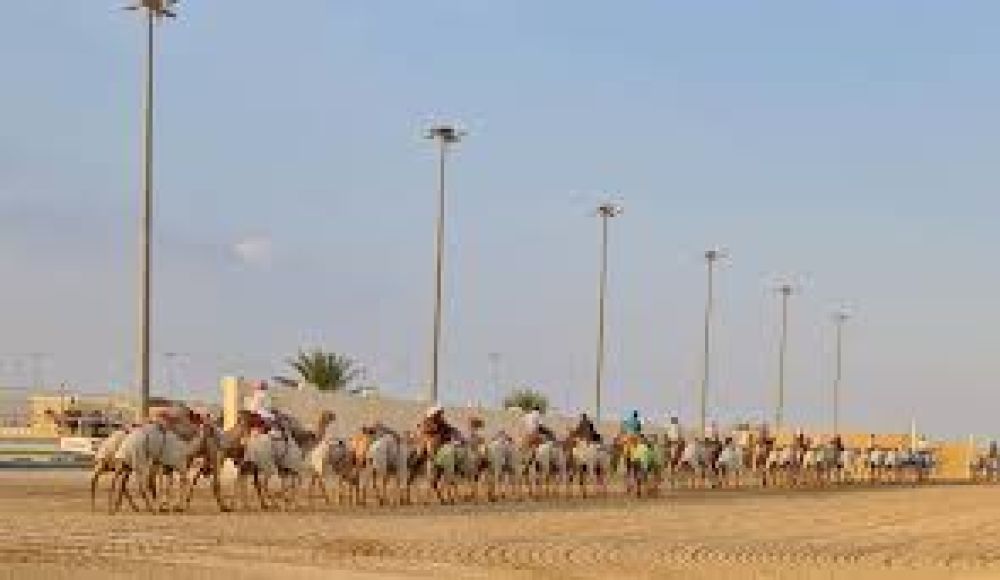

The Qatar National Camel Race Track in Al Shahaniya is a prominent hub for the traditional sport of camel racing, a sport deeply interwoven with Qatar's culture and heritage. Although the track itself does not have a specific cuisine, the surrounding area echoes the rich gastronomic history of the entire nation. The country's cuisine is a blend of Arabian, Indian, and North African influences, reflecting the various civilizations that have interacted with Qatar through centuries of trade and travel.
Historically, the diet in Qatar relied heavily on the sea and the desert. Fish and seafood were staples, along with dates, which provided nutrition and energy in the harsh desert climate. With the camels being an integral part of Bedouin life, dairy products such as camel milk were common but out of respect for these majestic creatures, camel meat is traditionally consumed less frequently.
In recent times, as Qatar has modernized and its society has become more cosmopolitan, food from all around the world has been embraced. Nonetheless, the nation proudly preserves and continues to celebrate its culinary traditions, particularly during national festivals and at cultural gatherings like camel races.
Many of these dishes reflect the country's past, where spices and herbs played a significant role in preserving food and enhancing flavor, while rice, fish, and meat were core sustenance ingredients.
Famous Food: Machboos (non-veg)
Famous Food: Thareed (non-veg)
Famous Food: Waraq Enab (veg)
Please note that as of my last update, some of the restaurants near the camel race track may serve traditional food on a seasonal or event-driven basis. Before visiting, it might be helpful to call ahead or check online for current offerings and business hours. In addition, visitors interested in specific culinary experiences may find that larger cities such as Doha offer a wider range of options, including more vegetarian and international choices.